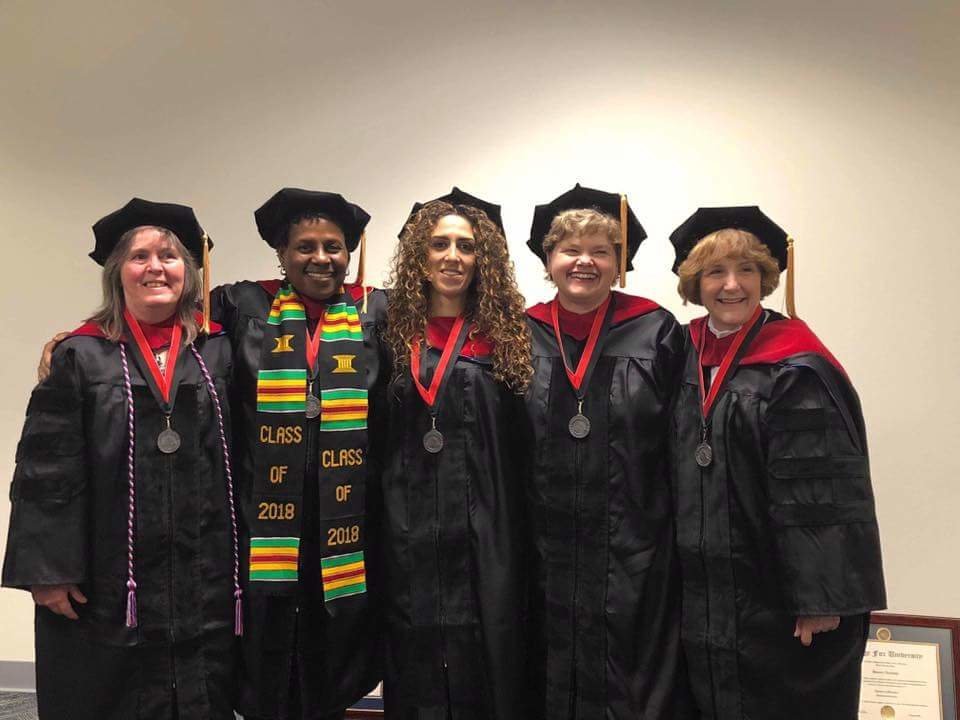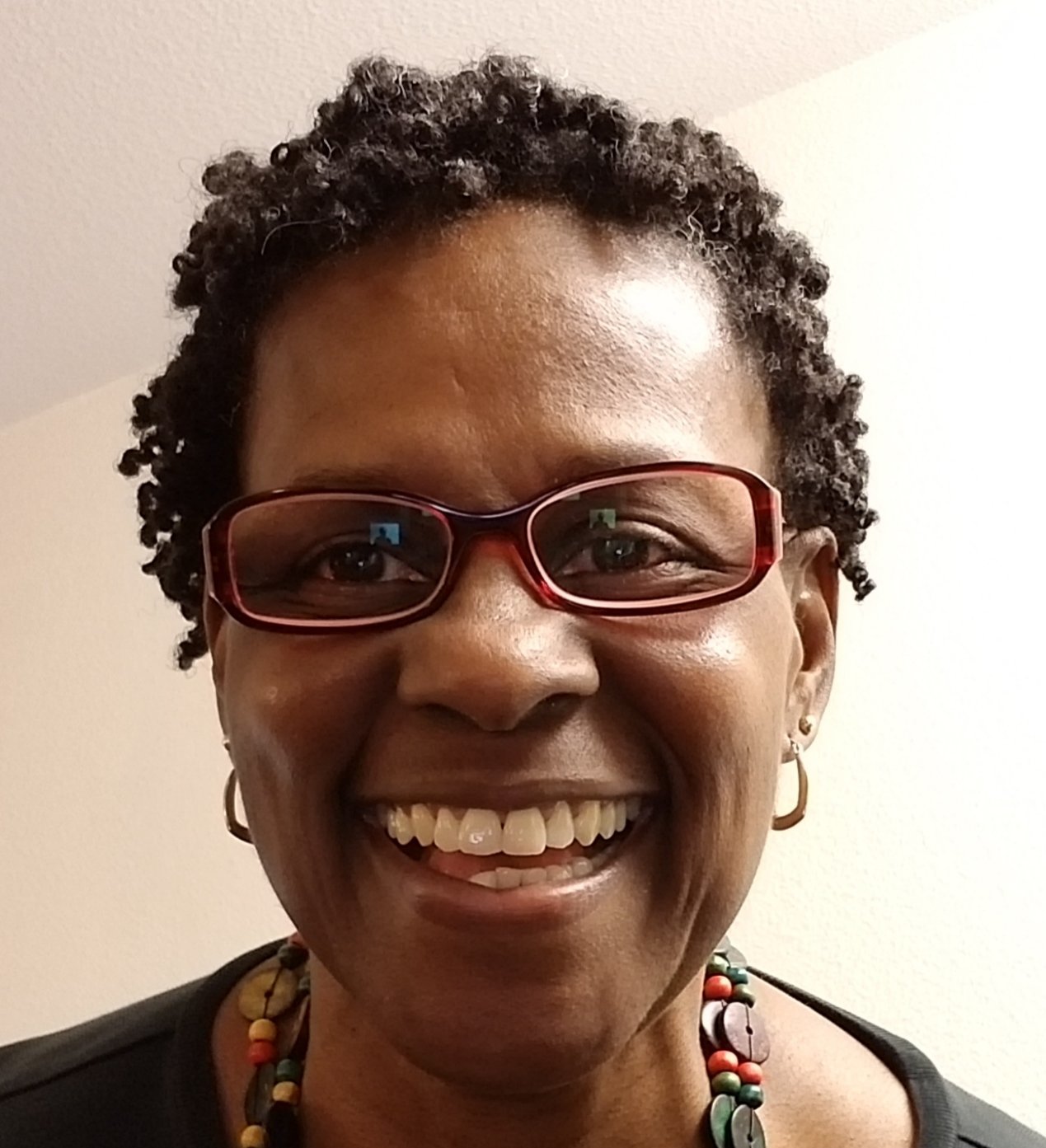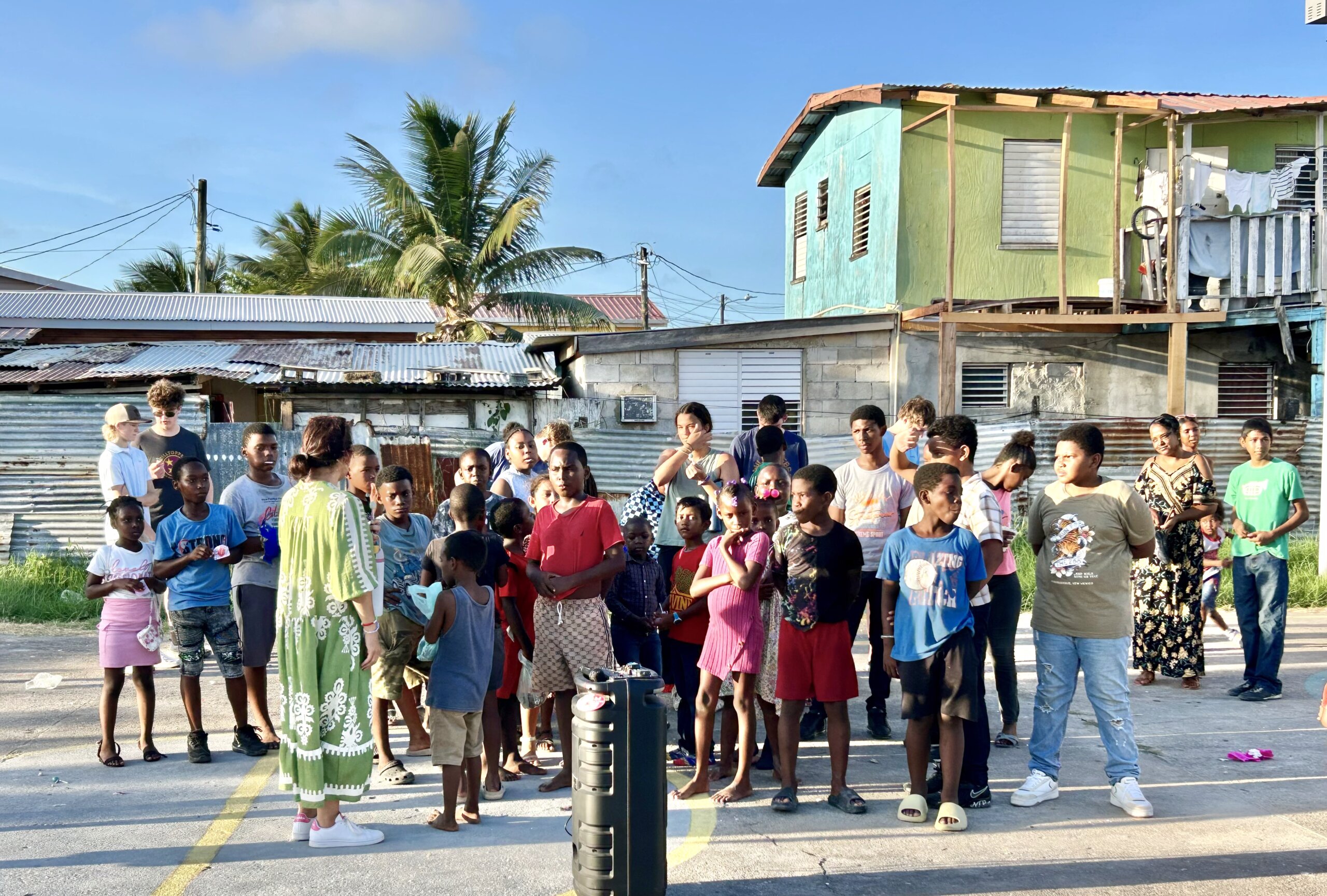The Power of Community
Having spiritual companions along the journey!
Jacqui Bland, a GFC global partner for 35 years, shares some of her perspective on community:
According to Abbie Smith, in her article, “Emerging Leaders and Belonging,” she states, “College-aged people change majors seven times, change churches ten times or abandon church altogether because they are flighty. They do so because they don’t know where they belong.” 1Similar to this age group, many people of all ages have a deep longing and desire to feel loved, cared for, and belong. The absence of a relationally rich community leaves individuals in isolation in which they were never designed for by God.
Angela H. Reed and her colleagues, in their book, Spiritual Companioning, writes,“What we need most today are spiritual companions along the journey. Without them we are hindered in developing intimacy with God and with others, which can impact the formation of a believer’s character.” 2
 God, in community with his Son and the Holy Spirit, created humankind for community. Believers cannot experience growth and development by functioning in isolation from others (1 Cor. 12: 21). Spiritual growth is best nurtured in a relational community of faith whereby individuals are known, deeply loved, and held accountable to applying Jesus’ teachings in their beliefs and actions.
God, in community with his Son and the Holy Spirit, created humankind for community. Believers cannot experience growth and development by functioning in isolation from others (1 Cor. 12: 21). Spiritual growth is best nurtured in a relational community of faith whereby individuals are known, deeply loved, and held accountable to applying Jesus’ teachings in their beliefs and actions.
A relational community of faith provides a developmental environment whereby believers can explore possibilities, sharpen their skills, and develop a broader understanding of how to impact their culture with the gospel of Jesus Christ. During my dissertation paper writing last summer and fall, I experienced the transformation of my walk with Christ as I engaged with four other ladies from my class. As a result of journeying through this arduous task together we developed a deep love, bond, and commitment to continue growing towards Christlikeness.
Believers connecting with other Jesus-centered believers as spiritual companions experience growth and maturity spiritually, emotionally, and mentally. This is because they are sharpened and reshaped by feedback, vulnerability, and grace orientated truth (Prov. 27:17). It is the role of authentic relationships that enhance the shaping of character as a conduit towards growth and maturity as a follower of Christ, that can assist them in understanding and walking into their destiny (Eph. 2:10).
Here are two questions for you:
- On a scale of 1 to 10, how connected are you to a relationally rich community of faith?
- What next steps can you take to become more connected to spiritual companions in order to experience a deeper sense of love, care, and belonging?
Jacqui Bland
Jacqui is one of our longest global partners, working with Cru upon graduating ETSU. After 32 years with Cru, she transitioned 3 years ago to work for Hope of Glory, and after-school program reaching children in poverty in South Africa. Jacqui has a huge heart for discipling the younger generations.
She resides mainly in Virginia now, with regular trips to South Africa where she helps resource and oversee the ministry she co-founded. In between her work with Hope of Glory, a volunteer role with Impact Movement, and leading short term teams to South Africa, she managed to find time to complete her doctoral degree this year.
[1]Abbie Smith, “Emerging Adults and Belonging,” quoted in Holly Catterton Allen and Christine Lawton Ross, Intergenerational Christian Formation: Bringing the Whole Church Together in Ministry, Community and Worship, (Downers Grove, IL: IVP Academic, 2012), 49.
2Angela H. Reed, Richard R. Osmer, and Marcus G. Smucker, Spiritual Companioning: A Guide to Protestant Theology and Practice (Grand Rapids, MI: Baker Academic, 2015), 4.






